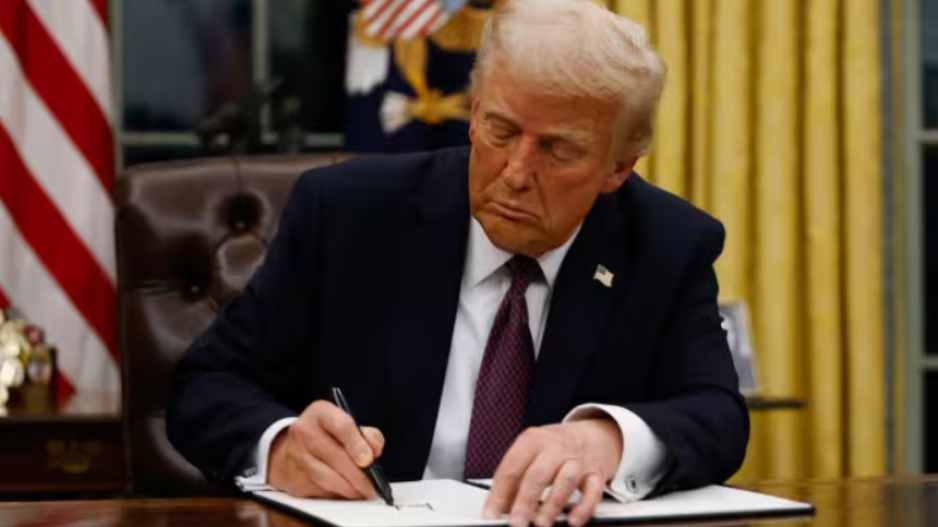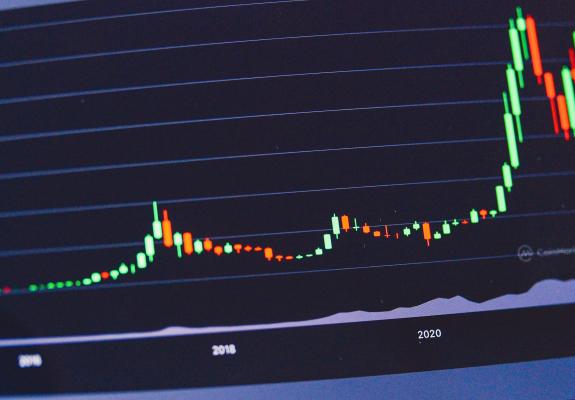How U.S. Tariff Increases on the EU Impact Cyprus
The Potential Consequences of U.S. Trade Policies on European and Cypriot Economies
Uncertainty and anxiety dominate Europe as U.S. President Donald Trump escalates trade tensions. His threats of imposing tariffs on Mexico, Canada, China, and the European Union have raised fears of a global trade war and inflationary pressures in the U.S. While these actions are interpreted as efforts to protect American interests and encourage trade negotiations, they present significant challenges for Europe.
The EU's main concern lies in Trump's proposal to impose 10%-20% tariffs on all imports to the U.S., regardless of origin. If these tariffs extend to European goods, the Eurozone—including Cyprus—may face supply chain disruptions, impacting retail and consumers.
As Brief reports, European businesses could experience higher costs and reduced competitiveness, heightening fears of EU retaliation and potentially triggering a trade war.

Although Cyprus's economy is not heavily reliant on exports to the U.S., indirect effects are likely. If the Eurozone's growth slows due to tariffs, Cyprus’s GDP may also be affected.
As an import-dependent country, Cyprus could face increased transportation and product costs, particularly for oil and energy. Businesses are monitoring the situation closely, assessing the potential impact on operational costs and consumer prices. Additionally, Cyprus's vulnerability to external factors, such as increased taxes, tariffs, or freight costs, poses further risks.
Rising production costs in Europe could contribute to higher inflation, a stronger U.S. dollar, and a weaker euro, making imports from non-Eurozone countries more expensive. This situation could further strain Cyprus’s energy market, which heavily depends on dollar-priced oil.
Prominent economist Giannis Telonis explains to Brief, “Tariffs are essentially a tax on the consumer of the imposing country, in this case, U.S. consumers, who will pay higher prices for goods.” While tariffs aim to protect domestic production and create jobs, Telonis highlights their conflict with free trade principles, which historically have proven to increase global wealth.
Telonis notes that European sectors most affected would include Germany’s automotive industry, agricultural production in France, Italy, and Spain, and the fashion industry in France and Italy. He emphasizes the importance of the EU's response to Trump's measures and speculates that the U.S. might use energy exports as leverage to avoid tariffs.
Regarding Cyprus, Telonis believes tariffs would have minimal direct impact, as trade relations with the U.S. are limited. Even potential effects on halloumi exports, a key Cypriot product, could be mitigated by targeting alternative markets. However, he cautions that Cyprus should remain vigilant about U.S. protectionist policies, particularly their influence on the energy market and oil prices.
Achilleas Georgolopoulos, Senior Market Analyst at XM, highlights that Trump’s focus on Europe is not surprising, given his criticism of the EU’s reliance on Russian energy. While recent shifts in Europe’s energy strategy align with Trump’s agenda, expectations of higher inflation and slower global growth due to tariffs are growing.
Georgolopoulos notes that market dynamics are already reflecting these concerns, with gold prices rallying amid trade tensions. In 2025, gold has risen by 5%, outperforming U.S. stock indices and signaling investor uncertainty about the global economy.






